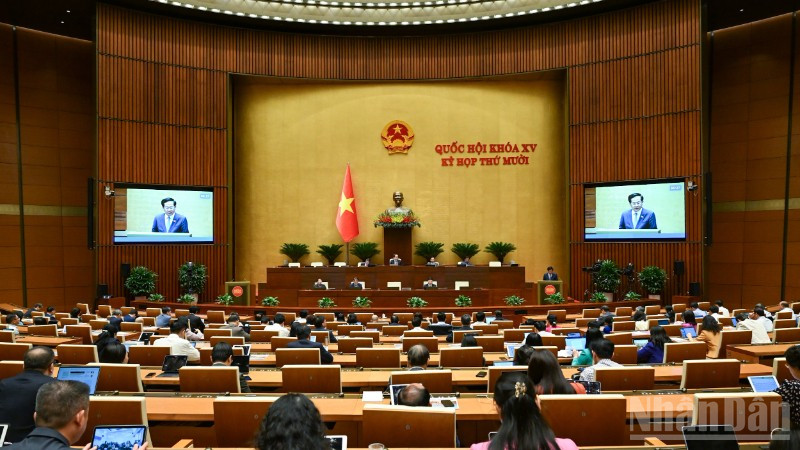
Scene of the National Assembly discussion session, morning of November 13, 2025. (Photo: DUY LINH)
Supplementing protection and support mechanisms for officials when reorganizing
On the morning of November 13, the National Assembly discussed the draft Law on Public Employees (amended) in the hall. Many delegates appreciated the spirit of innovation, considering this a step to complete the legal framework for more than 2.2 million public employees nationwide, and at the same time gave specific comments to ensure rights, encourage contributions, and improve the effectiveness and efficiency of the public service sector.
Delegate Nguyen Hoang Bao Tran ( Ho Chi Minh City) said that the draft law clearly demonstrated the spirit of innovation in managing civil servants according to job positions, but still needed to be improved to better accompany public employees.
From the practice of arranging and reorganizing the local government at two levels, many officials, although completing their tasks well, are redundant due to organizational changes. Delegates proposed to add regulations requiring the competent authority to be responsible for arranging, seconding or introducing officials to suitable units, and not to terminate the contract if the official meets the requirements of another job position.
Regarding job positions (Article 22), delegates proposed clearly regulating the participation of civil servants in giving opinions when merging and reorganizing units; if the new job position is not suitable for their expertise, the agency needs to retrain or temporarily arrange equivalent work to ensure a stable life.
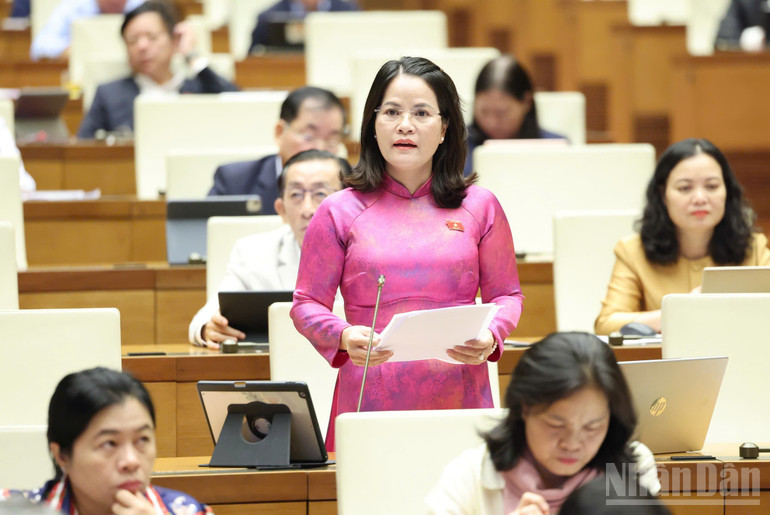
Delegate Nguyen Hoang Bao Tran (Ho Chi Minh City) speaks. (Photo: DUY LINH)
Delegates also proposed clearer regulations in the evaluation and classification of civil servants, especially in the first year after the reorganization to avoid disadvantages for employees due to changes in the working environment. At the same time, it is necessary to expand the policy of training and career transition, and calculate the training time as continuous working time.
In Article 31 on resignation and retirement of civil servants, the delegate said that the current regulations only mention general cases of resignation and retirement, and do not clearly distinguish between voluntary resignation and resignation arranged by the organization. Therefore, there should be clearer regulations to support them in stabilizing their lives and reducing risks to society.
The female delegate proposed to add: "Civil servants who quit their jobs due to organizational reorganization or administrative unit mergers will receive a one-time allowance of at least 12 months' salary, and will also be given priority for job referrals in the public system or transitional areas."
According to her, this is a necessary policy to ensure social stability, reduce unemployment pressure, especially for middle-aged civil servants who have to take care of their families and children's education, and at the same time demonstrate the spirit of not abandoning civil servants, considering them as companion partners, not people left behind.
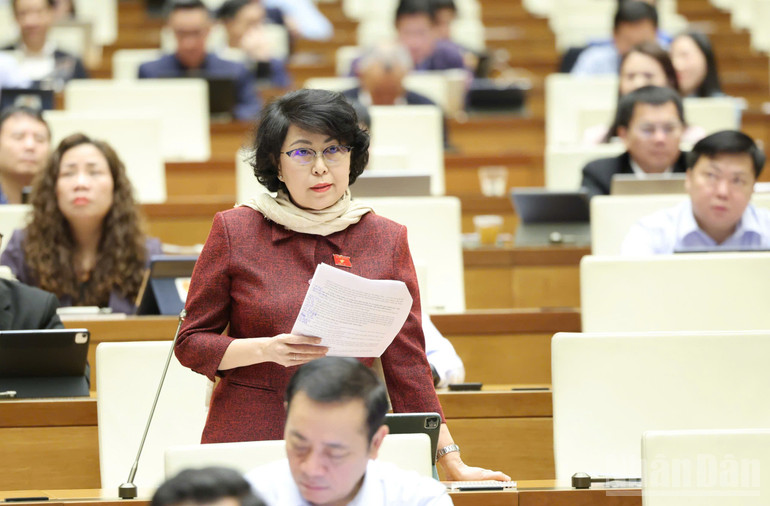
Delegate To Thi Bich Chau (Ho Chi Minh City) speaks. (Photo: DUY LINH)
Delegate To Thi Bich Chau (Ho Chi Minh City) emphasized the need to amend the Law on Civil Servants to remove shortcomings in recruitment, contracts and evaluation, while creating a flexible, transparent and accountable legal framework.
Delegates said the law needs to stipulate a mechanism to protect those who dare to think, dare to do, and dare to take responsibility for the common good, along with the principle of transparency in providing public services to ensure people's right to access services.
Regarding civil servant obligations, delegates proposed adding requirements on information security, data security, and periodic training and learning obligations to adapt to digital transformation and the modern public service environment.
Delegates also proposed to build a specific quantitative and qualitative criteria framework for each group of job titles, linked with clear job descriptions, to avoid the situation of leveling assessments, "cutting the foot to fit the shoe".
At the same time, it is necessary to apply a national database on civil servants to serve the management , supervision and evaluation work in an objective and unified manner nationwide.
Perfecting the autonomous mechanism and management by job position
Commenting on the draft law, delegate Ha Sy Dong ( Quang Tri ) emphasized the need to continue innovating the management of public service units in the direction of taking job positions as the center for recruiting, using and managing civil servants, while at the same time giving the unit full autonomy in terms of organization, human resources and finance.
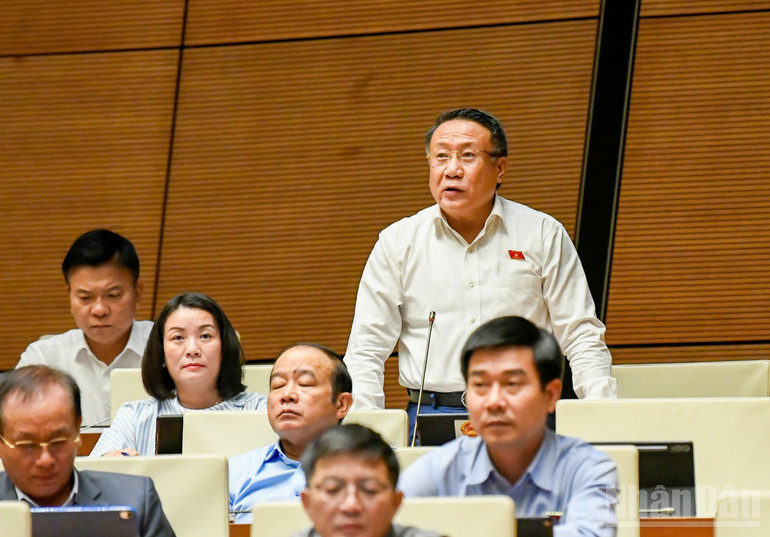
Delegate Ha Sy Dong (Quang Tri) speaks. (Photo: DUY LINH)
Delegates proposed to abolish scattered regulations on civil servant management in specialized laws to ensure consistency in the legal system. Accordingly, it is necessary to review and revise the concept and classify public service units according to their functions, thereby having appropriate policies and mechanisms for each type.
Delegates proposed to stipulate that the leaders of public service units are civil servants; at the same time, institutionalize the spirit of Resolution 71 of the Central Committee on abolishing school boards in public service organizations. In addition, it is necessary to supplement clear regulations on methods for determining job positions, content of civil servant assessment, policies for attracting talent and applying digital transformation in human resource management.
The delegate affirmed that civil servants, although working in many different sectors and fields, need to be managed according to a unified regime and recruited under work contracts, evaluated, used, appointed, seconded, dismissed and resigned, rewarded, and disciplined.
This unity is guaranteed by the implementation of one law, the Law on Public Employees. Specialized laws and legal documents, if regulating public employees and public service units, must be consistent with and not contrary to the provisions of the Law on Public Employees.
Therefore, the delegate emphasized that the Law on Civil Servants (amended) this time needs to review specialized laws to implement the principle of unification and handle according to the principle of one law amending many laws; overcome legal conflicts, comply with the Constitution and the Law on Promulgation of Legal Documents, the Law on Organization of the Government and the Law on Organization of Local Government.
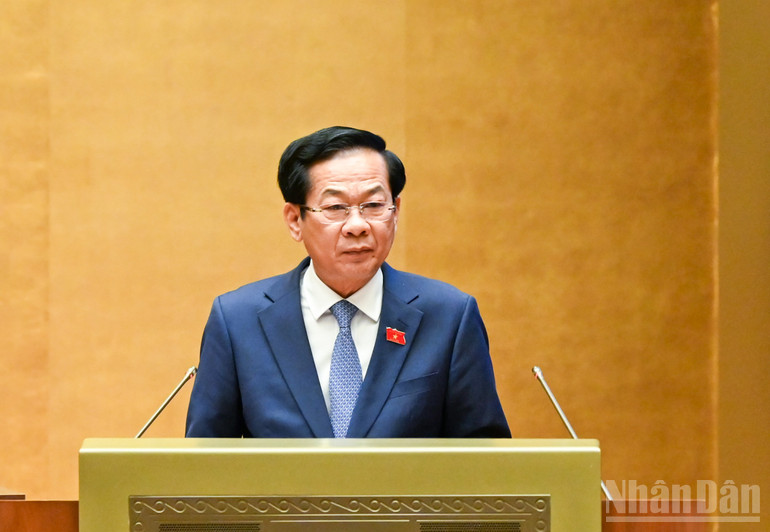
Minister of Home Affairs Do Thanh Binh spoke to explain and clarify some contents raised by National Assembly deputies. (Photo: DUY LINH)
At the end of the discussion session, Minister of Home Affairs Do Thanh Binh spoke to explain and clarify a number of contents raised by National Assembly deputies related to the draft law.
Explaining to the National Assembly, Minister Do Thanh Binh said that the Government will fully absorb, revise, and perfect the draft law, ensuring its quality and progress in submitting it to the National Assembly for approval.
Regarding the scope of regulation, the Minister stated that while the law on the organization and operation of public service units has not been promulgated, it is proposed to temporarily maintain the provisions in Article 5 as a basis for promulgating sub-law documents and ensuring stability in operation. At the same time, the Government is urgently drafting the Law on Public Service Units to submit to the National Assembly in the near future.
Regarding innovation in management and use of civil servants according to job positions, the Minister affirmed that he will review regulations on recruitment, principles, methods, and authority to ensure consistency, especially in special fields such as education.
Regarding allowing civil servants to sign work contracts outside the unit, the Minister said that the policy is highly unified to create a connection mechanism between the public and private sectors, increasing legitimate income for civil servants, but there will be strict regulations to avoid conflicts of interest and policy exploitation.
Regarding the evaluation of civil servants, the Minister affirmed that the drafting agency will review and revise regulations on principles and assessment authority, ensuring regular, continuous, and multi-dimensional results on the quality of public services and people's satisfaction, applying digital technology, building a national database on civil servants, ensuring publicity and transparency in the evaluation, management and development of civil servants.
Source: https://nhandan.vn/dai-bieu-quoc-hoi-de-xuat-vien-chuc-thoi-viec-do-sap-xep-to-chuc-duoc-huong-tro-cap-1-lan-toi-thieu-12-thang-luong-post922735.html







![[Photo] Deep sea sand deposits, ancient wooden ship An Bang faces the risk of being buried again](https://vphoto.vietnam.vn/thumb/1200x675/vietnam/resource/IMAGE/2025/11/13/1763033175715_ndo_br_thuyen-1-jpg.webp)
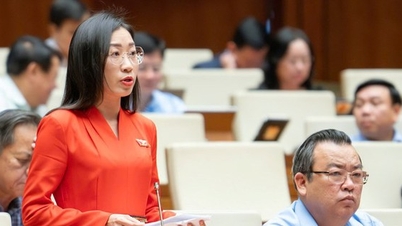

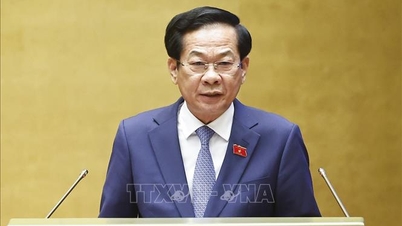



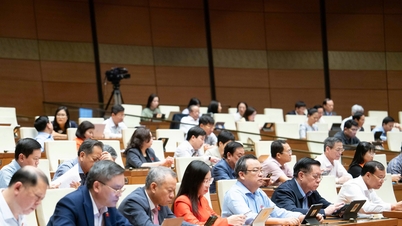



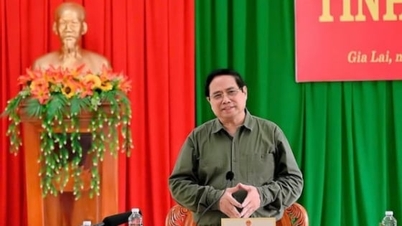


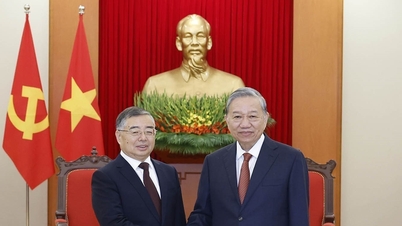
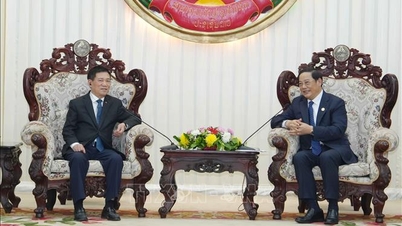








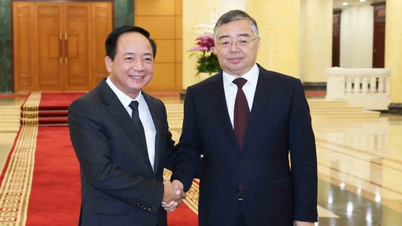

![[Video] Digital enterprises contribute ideas to the 14th Congress documents: Expectations for an open data corridor and unified digital infrastructure](https://vphoto.vietnam.vn/thumb/402x226/vietnam/resource/IMAGE/2025/11/13/1763046079638_doanh-nghiep-so-5650-jpg.webp)
![[Video] National Assembly passes Resolution on socio-economic development plan for 2026](https://vphoto.vietnam.vn/thumb/402x226/vietnam/resource/IMAGE/2025/11/13/1763042781533_2-9043-png.webp)





































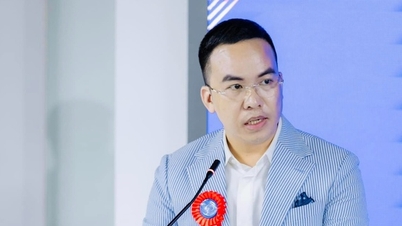


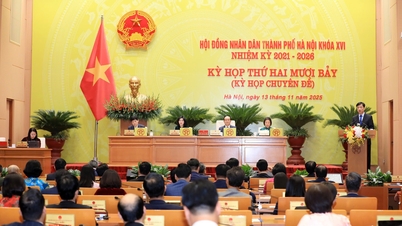

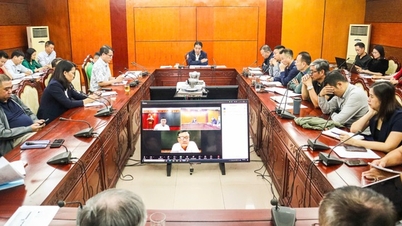

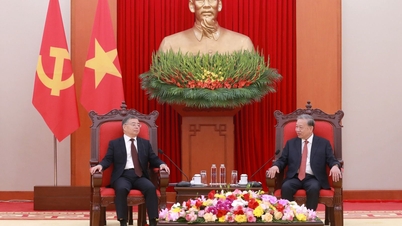


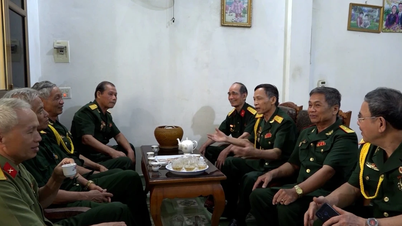


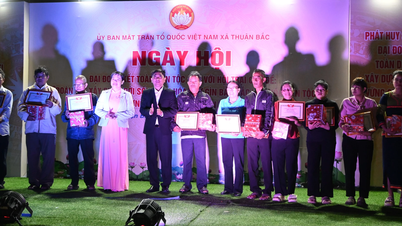
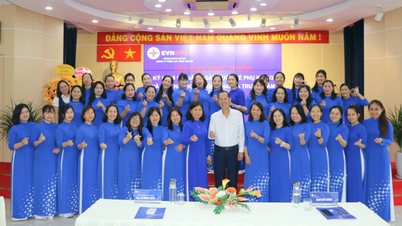
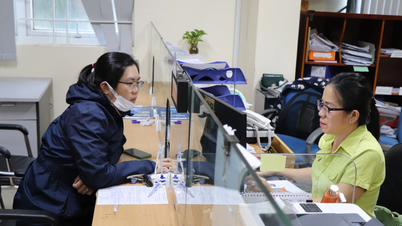





![Dong Nai OCOP transition: [Article 3] Linking tourism with OCOP product consumption](https://vphoto.vietnam.vn/thumb/402x226/vietnam/resource/IMAGE/2025/11/10/1762739199309_1324-2740-7_n-162543_981.jpeg)







Comment (0)